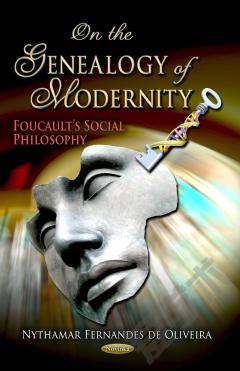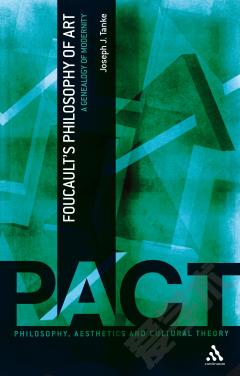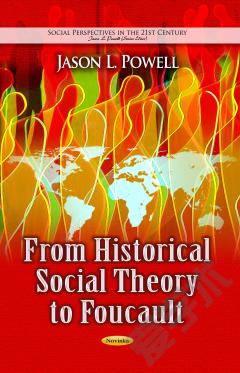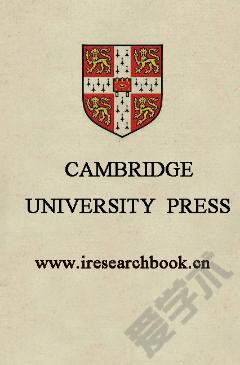On the Genealogy of Modernity: Foucault’s Social Philosophy
This book focuses on the genealogy of modernity as it has been articulated by the original contributions of Kant, Nietzsche, and Foucault, in their respective conceptions of truth, power, and ethics. The author seeks to show that in order to articulate a philosophical discourse on modernity one must not only refer to cultural, historical events associated with modern conceptions of truth, power, and ethics, but also undertake an analysis of how these different axes concur to determine what we call “modernity.” Such is in effect the genealogical thrust of this study, which is explicitly based upon Foucault’s readings of Kant and Nietzsche, so as to show that critique and genealogy constitute a highly original contribution of Foucault’s social philosophy to the study of modernity. The “genealogy of modernity” is shown to constitute the major thesis of a Foucauldian “philosophical discourse of modernity” which, contrary to Habermas’s criticisms, does not evade questions of truth, normativity, and value, but rather problematizes them. The genealogy of modernity is itself made possible by the articulation of the three axes of truth, power, and ethics that determine the historical a priori of our modern ethos as the condition of who we are, that is, the formation of modern subjectivity with its regimes of veridiction and jurisdiction, modes of subjectivation and practices of freedom.
{{comment.content}}








 京公网安备 11010802027623号
京公网安备 11010802027623号